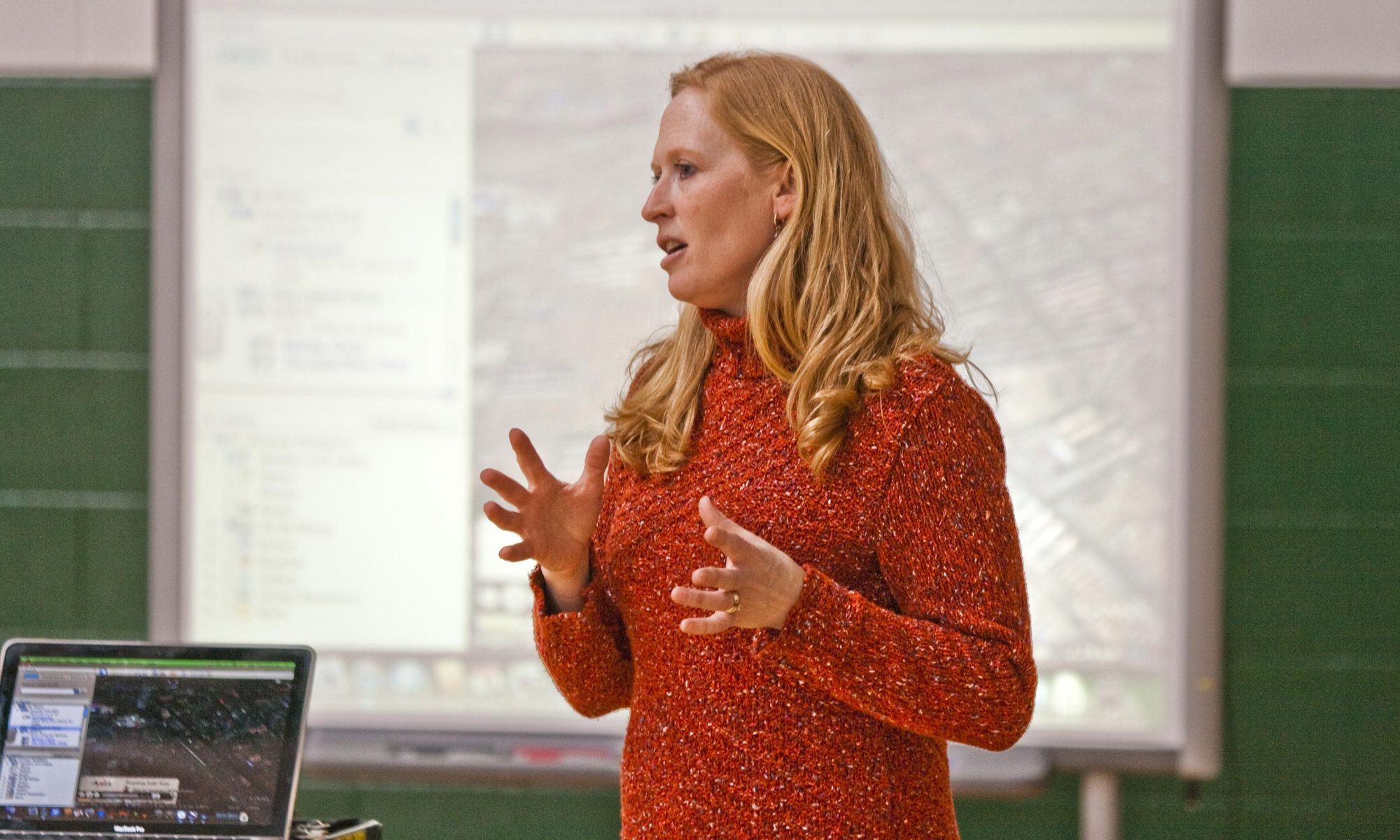Quo Vadis, or “QV” as we like to call it in IT, is a name that we use for our ITS listserv for daily communication. It was chosen at the time when two separate departments, Computer Services and Information Technology, were merged into one unit, called ITS. The group wanted a name for the ITS listserv and one of our members suggested “Quo Vadis” – it stuck.

Quo Vadis is Latin for “Where are we going?” While the phrase has a biblical reference, the charter boat in Door County is what resonates with me most. For over 60 years, the Green Bay Diocese, owned a retreat house on Chambers Island in Door County and for those lucky enough to experience the peaceful retreat on the island, they found their way there, aboard the Quo Vadis.
“Where are we going?”
I’d like to think that the passengers who boarded the Quo Vadis for the retreat house, knew where they were going! But where are WE going? COVID-19 brings some strange times, but maybe we can approach them as if we are boarding the Quo Vadis . . . to a retreat where we can open our minds to new ideas, possibilities, and opportunities that await us in our quest to learn and live a bit differently, and be of service to others who are in need.
